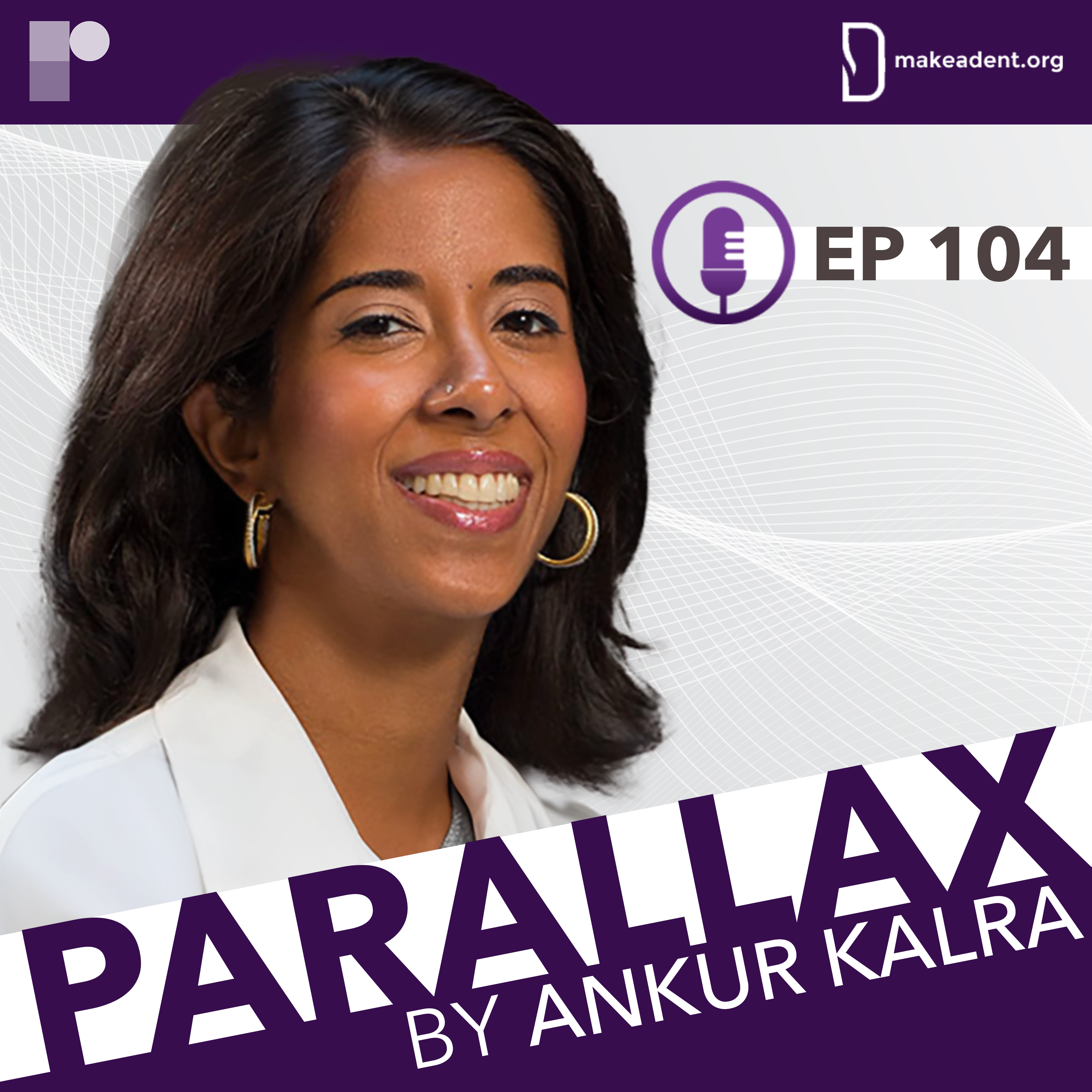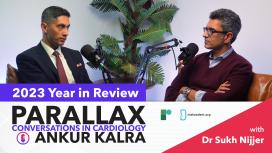
In this thought-provoking episode, Dr Ankur Kalra is joined by Dr Anuradha Lala, assistant professor of medicine at the Zena and Michael A Wiener Cardiovascular Institute and in the Department of Population Health Science and Statistics at Icahn School of Mount Sinai and Mount Sinai Hospital. Dr Lala is also the Deputy Editor of the Journal of Cardiac Failure.
Dr Kalra and Dr Lala delve into the critical topic of disparities in care within the healthcare system from a cardiologist's point of view and explore actionable steps towards a more inclusive and fair healthcare landscape.
Dr Lala advocates for an approach focused on the patient, valuing the unique needs and preferences of each individual as crucial elements in creating a personalised treatment strategy. In this podcast, she provides insight to her study on 'Acute Heart Failure Presentation to the Emergency Department: National Trends by Race and Ethnicity 2007-2019' and how it shows there are differences based on race and ethnicity in terms of wait time and the demographic of patients presenting.
The fundamental principle that healthcare is a basic human right is emphasised, setting the stage for a deeper exploration of the disparities prevalent within the system. Through candid discussions, the episode highlights the differences in healthcare access and quality and examines methods to prevent and mitigate these discrepancies.
Addressing the 'why' behind these disparities is a central theme, exploring the presence of subconscious biases within healthcare. The conversation isn’t just theoretical, Dr Kalra and Dr Lala present real-life scenarios and personal stories, offering a refreshingly honest and open perspective.
Key questions are explored, such as identifying the top places where disparities in care exist and strategies to address these issues.

This series is supported by ZOLL and is intended for Health Care Professionals.



The charity organisation, Women as One is an agent for women and men to be part of medicine that is built on talent, rather than a privilege. Roxana and Ankur discuss the role of mentorship and family-friendly work environment in mending the broken house of cardiology. Roxana talks about the practical tools that are available for women to take the next steps in their career and achieve their goals.

Dr Kalra asks Dr Mauri about early influences and her traineeship with legendary interventionalists, the late Donald Baim and Richard Kuntz. Dr Mauri talks openly about her decision-making process and the importance of selecting your priorities and committing to them. Ankur asks Laura about her decision to go into industry. Laura shares her thoughts on medical innovations and meeting urgent needs with unique perspectives.
What is Dr Mauri’s advice for a young cardiologist? How did she balance research and patient care? What are the questions that helped her decision making? How does Dr Mauri think about innovations in medicine?

Brigham and Women’s Hospital’s Health Equity Committee decided to confront the status quo by asking: How is racism on a structural level present within our walls?
Ankur Kalra’s guests Michelle Morse (Founding Co-Director of EqualHealth and Assistant Professor at Harvard Medical School) and Lauren Eberly (Cardiology Fellow at the University of Pennsylvania) are co-authors of a retrospective study that demonstrated what had previously only been observed: That black or brown heart failure patients ended up in general medicine rather than specialised cardiology services. Following the publication of the study in November 2019, the Health Equity Committee started to roll out anti-racism trainings and to work on objective admission guidelines to mitigate biased behaviours.
Aarti Bhatt (Assistant Professor of Medicine at the University of Minnesota), member of the Minnesota chapter of Campaign Against Racism, talks about their initiative to support projects that have a positive impact on local communities on a global scale.

In this week’s Parallax, Dr Kanaa’N, the director of the program, and Dr Lahorra, chairman of the Heart, Vascular & Thoracic Department of Akron General introduce the listeners to the foundations of their program and the paradigm shift brought by TAVR.

Ankur Kalra asks Grant W Reed, Director of the Cleveland Clinic’s STEMI program, to reflect on the actions they took and the challenges of delaying cardiovascular procedures in the wake of the coronavirus pandemic. Dr Reed offers insight on the factors that influenced the Cleveland Clinic’s STEMI policy for COVID-19. Ankur and Grant discuss the triage considerations for patients with structural heart disease and the steps the clinic took to protect its healthcare workers.





